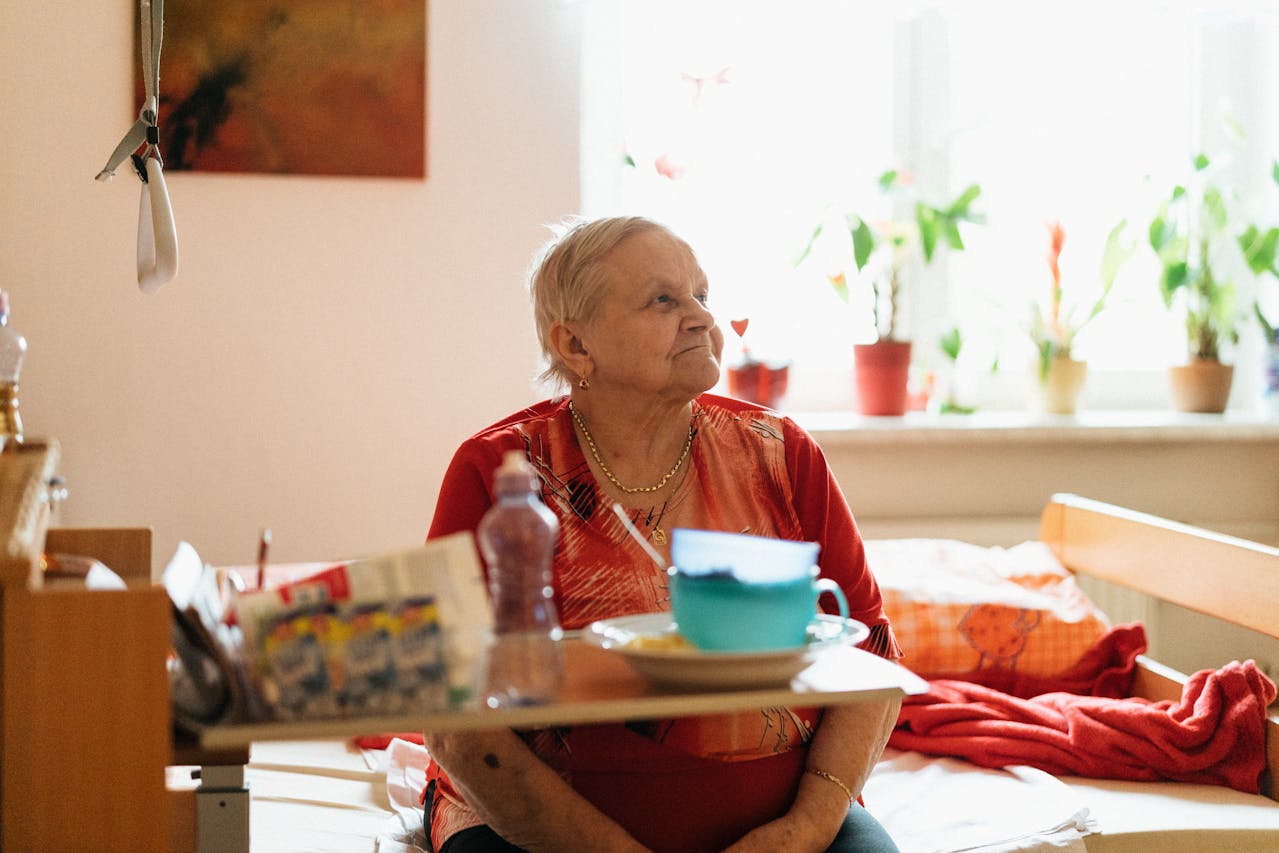Protecting your loved ones from nursing home abuse on Long Island involves several legal steps. By understanding these steps and consulting with an attorney, you can help safeguard them.
What Is Nursing Home Abuse?
Nursing home abuse refers to intentional or negligent acts that cause harm, injury, or distress to residents. Many different actions can be considered abuse. Some of the most notable and unfortunately common acts include:
- Physical abuse. Physically assaulting a resident, such as pushing or hitting.
- Improper restraint. Restraining a resident in a manner that impedes their health or safety.
- Financial exploitation. Pressuring a resident to make financial transactions; exploiting or misappropriating their financial resources.
- Verbal and emotional abuse. Using insults, threats, or humiliating a resident.
- Neglect: Failing to ensure a resident is properly hydrated and nourished; neglecting personal hygiene.
- Sexual abuse. Engaging in non-consensual sexual contact or harassment.
- Environmental neglect. Failing to provide adequate heating or cooling.
All of these acts constitute nursing home abuse. However, other actions not listed here can also be abusive. If you believe your loved one is being mistreated, they may still be able to obtain compensation even if the specific abuse isn’t mentioned above.
Are There Any Signs of Nursing Home Abuse?
There are many signs that may indicate nursing home abuse. Some of these include:
- Unexplained or unusual changes in your loved one’s behavior.
- Unexplained injuries on their body.
- Significant and unexplained weight loss.
- Signs of anxiety, depression, or other emotional changes.
- Suffering from ulcers, bedsores, or other preventable conditions.
- Unexplained financial issues, such as missing funds or unauthorized transactions.
- Appearing unwell or dehydrated.
- Experiencing a rapid and unexplained decline in health.
- Poor personal hygiene or being unkempt.
- Being isolated from friends and family without a reasonable explanation.
While these signs may indicate abuse, they are not definitive proof; other circumstances might explain them. It’s important to investigate any concerns thoroughly.
What Legal Steps Can You Take to Protect Your Loved Ones?
There are five legal steps you can take to protect your loved ones:
Step 1: Document the Abuse
Document every sign of abuse. For example, if you notice scars on your loved one’s arms, take photos or videos as evidence. In addition to visual documentation, record the following:
- The names of those administering your loved one’s care.
- The time, date, and place when you noticed signs of abuse.
These records will assist in taking appropriate action.
Step 2: Speak with Your Loved One
Your loved one may be reluctant to discuss their abuse. If they are willing, talk to them about their experiences. By speaking with them, you can better understand the situation and address your concerns with the nursing home’s management.
Step 3: Contact Management
The nursing home’s management is responsible for your loved one’s care and is obligated to stop any abuse. Contact them to discuss your concerns and present the evidence you have collected. Document or record this meeting, as it may be useful if legal action becomes necessary.
Step 4: File a Claim
The New York State Department of Health is responsible for investigating claims of nursing home abuse. To file a claim, complete the appropriate form provided by the department. Filing a claim initiates an investigation and may help your loved one obtain compensation.
Step 5: Work with an Attorney
An attorney can review your loved one’s case and help them pursue the compensation they deserve. Working with a legal professional ensures that your loved one’s rights are protected throughout the process.
Potential Compensation for Nursing Home Abuse Victims
If a lawsuit is successful, nursing home abuse victims may be entitled to various forms of compensation. The specific compensation depends on the circumstances of the case but can include:
Medical Expenses
Reimbursement for medical costs incurred due to the abuse or neglect, such as:
- Hospital stays
- Surgeries
- Medication
- Rehabilitation and therapy
- Future medical care related to the abuse
Pain and Suffering
Compensation for physical pain and emotional distress experienced as a result of the abuse. This can cover:
- Physical discomfort and chronic pain
- Emotional trauma, such as anxiety or depression
- Loss of enjoyment of life
Emotional Distress
Damages for psychological impact, which may include:
- Anxiety
- Depression
- Post-traumatic stress disorder (PTSD)
- Sleep disturbances
Wrongful Death Damages
If the abuse leads to the death of a loved one, families may recover:
- Funeral and burial expenses
- Loss of companionship
- Loss of financial support
Punitive Damages
In cases of egregious misconduct, the court may award punitive damages to punish the wrongdoer and deter similar behavior in the future.
Financial Losses
Recovery of misappropriated funds or compensation for financial exploitation, including:
- Unauthorized withdrawals from bank accounts
- Fraudulent changes to wills or financial documents
- Loss of property or assets
Legal Fees
In some cases, the court may order the defendant to pay the victim’s legal fees and court costs.
Contact One of Our Long Island Nursing Home Negligence Attorneys Today
If your loved one has suffered abuse, they may be entitled to compensation. Contact one of our Long Island nursing home negligence attorneys today. We are committed to helping them obtain the justice they deserve.


